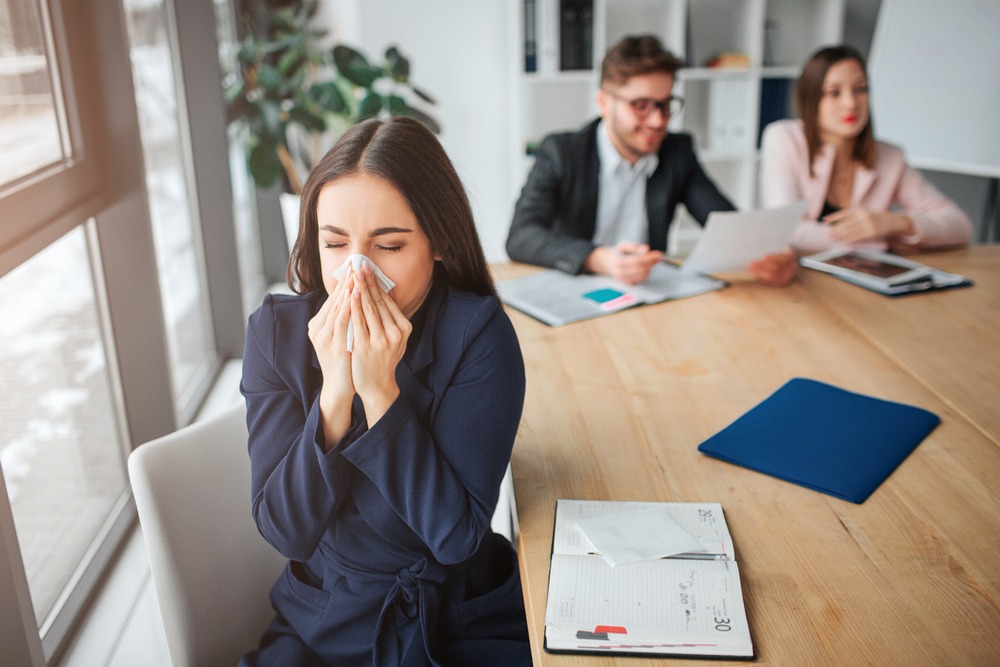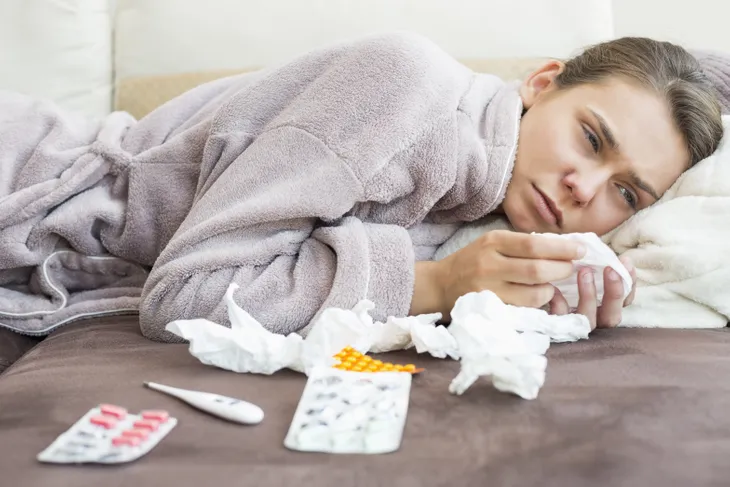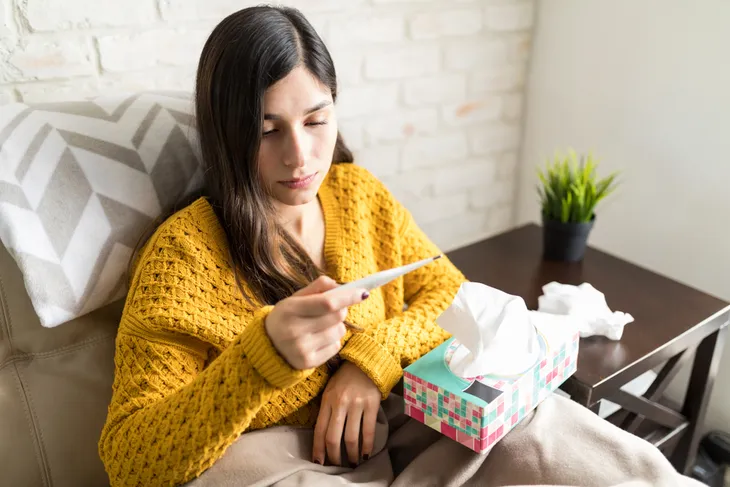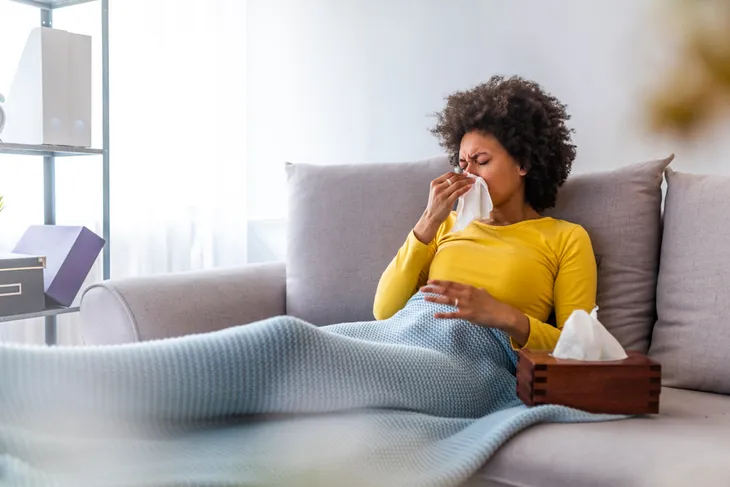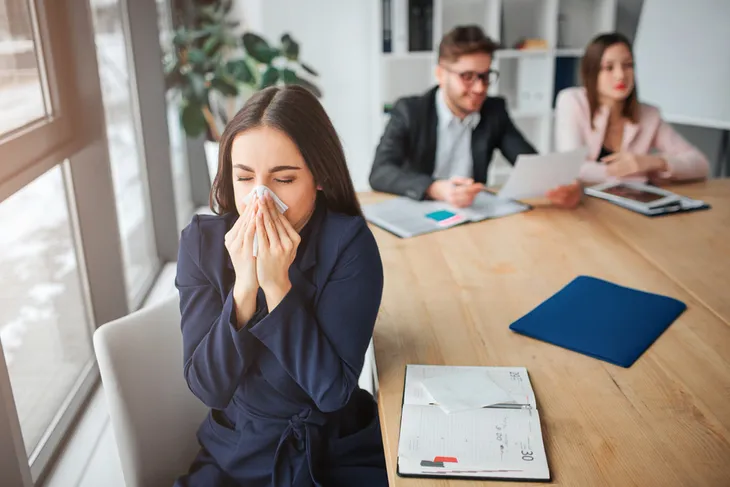You’re sick, but are you too sick to go to work? Even though it may seem pretty obvious to you—roughly 26-percent of Americans would bundle up with a box of tissues in tow and head into the office like it’s any other day, according to an independent poll conducted by NSF International, a consumer public health and safety group.
Here are six reasons why you should probably take that sick day…
Medications That Cause Drowsiness
If you read the flap on the back of your over-the-counter cold and flu medication chances are it might read, “this medication may cause drowsiness.” If it does, getting to and from work can suddenly become quite dangerous to you and others on the road.
Not only is operating a vehicle quite dangerous when you’re taking heavy medication and battling an illness, other side effects from over the counter or prescription medication can actually damper your aptitude to work. If the medication you’re taking makes you drowsy, sleepy, forgetful, or less focused—do everyone a favor and just stay home.
You’re Running a Fever
When you’re sick the body tends to run a fever in order to eradicate a bug or virus. This preventative measure will cause a spike in body temperature in order to kill whatever ails you, according to doctors at Florida International University Health Travel Medicine Program.
When the body runs a fever, chances are you’ll be contagious enough to spread your sickness to coworkers. And if your temperature is 100-degrees Fahrenheit or more, you should remain at home and rest. Once your fever has subsided for at least 24 hours without using fever-reducing medications, you can return to work.
You’re Still Sick
Most of us are sick for about a week. On the first day we feel the telltale signs (i.e., sore throat, achy muscles, cough). On the second and third day we’re useless and really contagious. But on the fourth or fifth day, we typically start to feel a bit better.
Research from WebMD claims if your symptoms don’t begin to subside after about 3 to 4 days, it’s time to see a doctor. Illnesses typically linger when we don’t give the body adequate rest time in order to fully recover.
Illness Inefficiency
When we’re sick we not only don’t want to work—we often don’t have the energy or focus to perform our day-to-day duties efficiently. This is why the “tough it out” strategy doesn’t do us, or our office mates, any good.
Not only do you risk getting other people sick if you do decide to go into the office—the chances of you messing up a work project or accounting spreadsheet will be more likely if you’re under the weather. Stay home and recover so you can return to work productive and focused.
You’re Starting to Feel Sick
Medical doctors at New York’s Mount Sinai Urgent Care say that the first 2 days of sickness are typically your most contagious. So although it may seem fruitless to call in sick at the first sign of a sore throat or runny nose, you might be saving your coworkers a bout of cold or flu.
The earliest symptoms of a cold or flu include achy muscles, headache, raw throat, and sinus congestion. Plus, if you take the time to rest early on, you’ll recover much faster over the long run.
External Factors Impact Your Sick Days
Even though many of us wake up with a scratchy throat, a throbbing headache, a stubborn cough, and a nose that’s running faster than Niagara Falls we still decide to go to work and risk getting everyone else at the office sick. Why?
The same NSF International survey mentioned in the introduction of this article revealed that external factors often cloud our judgment when it comes to us taking a sick day, or not. For example, 42-percent of those polled admitted to unpaid sick leave as a major reason for not calling in ill. Others complained that a day off meant having to make up too much work upon their return to the office.
